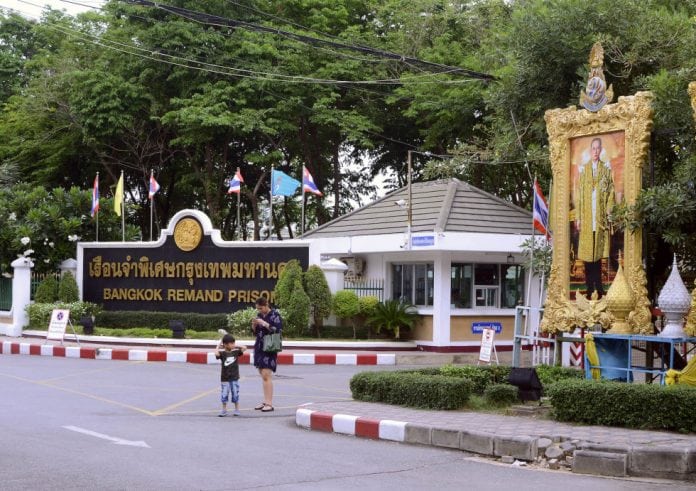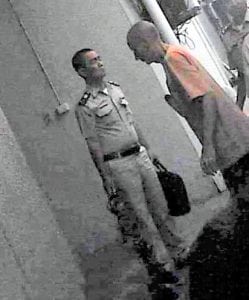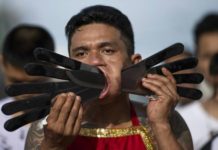Message from the editor.....
Please help to support BangkokJack News through these troubled times... Poor government reaction to the COVID virus has left many, including some who rely upon us, in very difficult positions.
And still we try to deliver the REAL news to you on a daily basis. But this all comes at a cost and as tourism has dried up and with expats going home whenever they can, income streams and ad revenue is also drying up.
And this is why we appeal to our tens of thousands of readers to help out however you can - to keep us independent and opinionated.
Just Bt100 per month makes all the difference and will keep some of us in noodle soup for a day.
Alternatively please click on the advert each time you read a story and that will boost our ad revenue, at no cost to yourself.
Thank you so much to those who already do support us. It means a lot to everyone.











































